The haunting pictures of emaciated Ukrainian prisoners of war
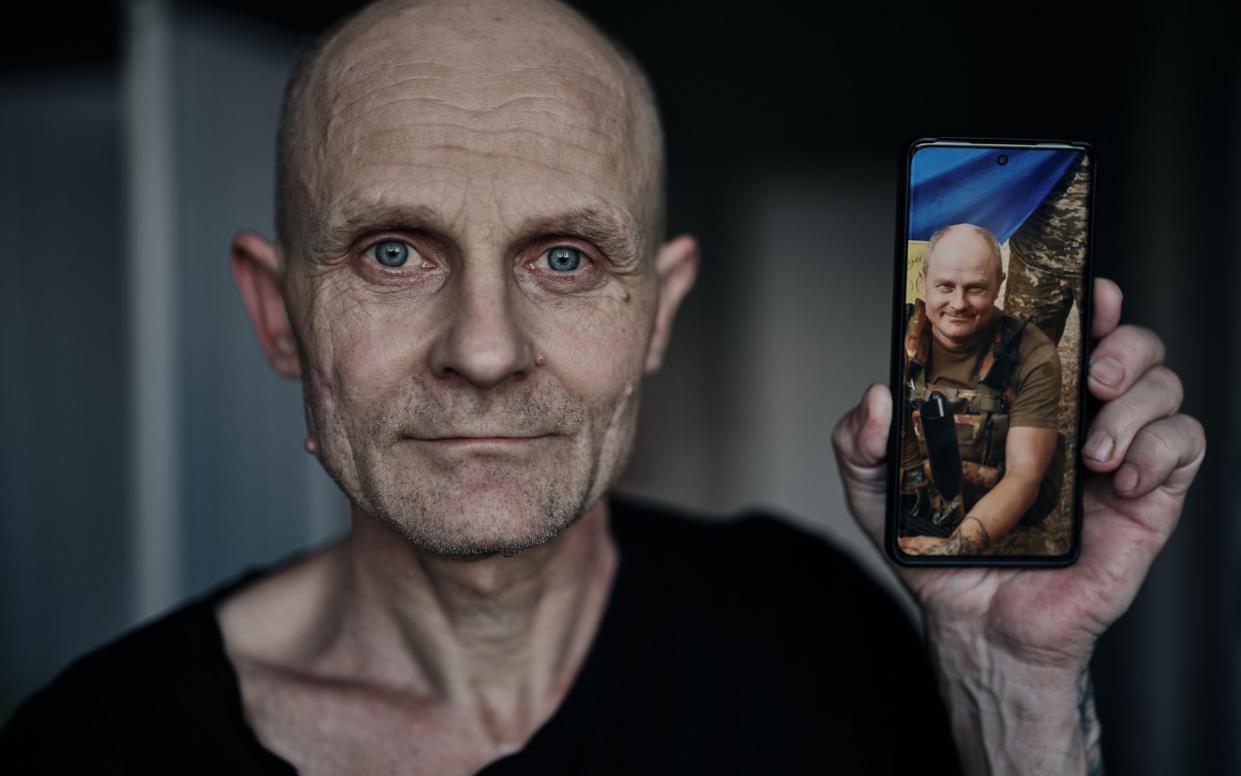
Roman Gorilyk’s pale skin clings to his ribs, his stomach sunken, as he stands for a photograph following his release from Russian detention.
His emaciated body is the result of a punishing two years in captivity as a prisoner of war, Ukrainian authorities say.
The former checkpoint guard at the Chernobyl nuclear plant was detained in the early days of Russia’s invasion, in March 2022, and on May 31 this year was one of 75 released in a prisoner exchange.
The portrait of Roman is one of a series of images documenting the hardships Ukrainian POWs have endured at the hands of their Russian captors.
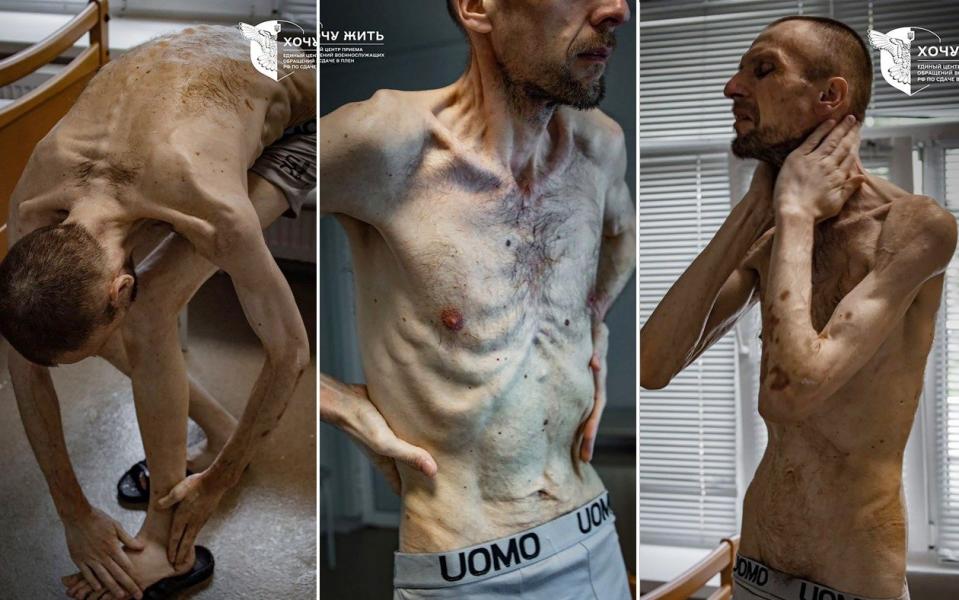
Some photographs show the Ukrainian soldiers holding pictures of themselves from before they were detained. In some, their smiling faces are almost recognisable, such is the degree of weight loss they have suffered. Others show bruises and wounds – injuries they say they sustained when they were tortured in captivity.
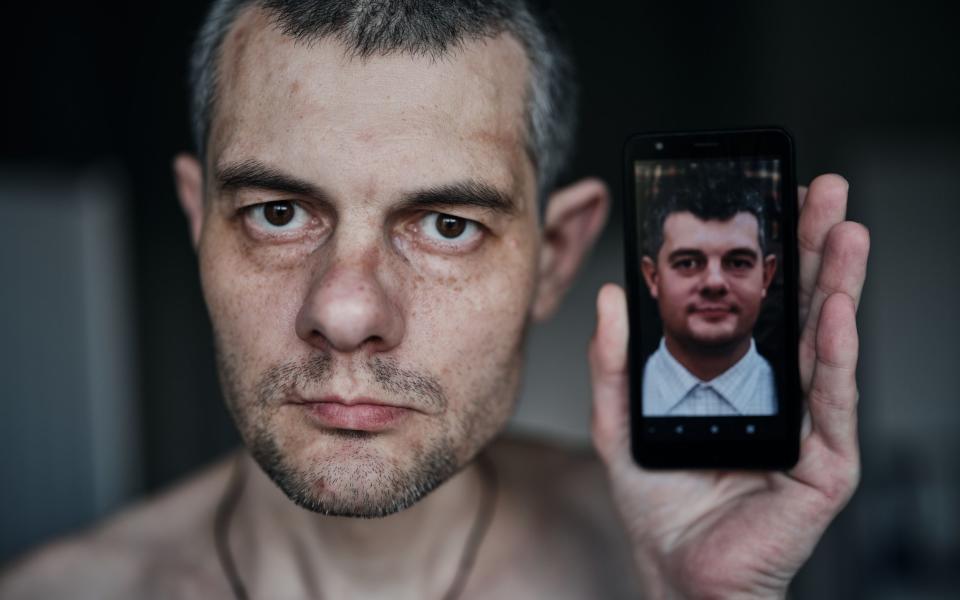
“The condition of Roman and other Ukrainian prisoners of war evokes horror and associations with the darkest pages of human history – Nazi concentration death camps,” said the coordination headquarters for the treatment of prisoners of war, a Ukrainian government body which first shared the images.
Most of those released had suffered severe weight loss, authorities said, along with sores, lesions, and untreated chronic conditions.
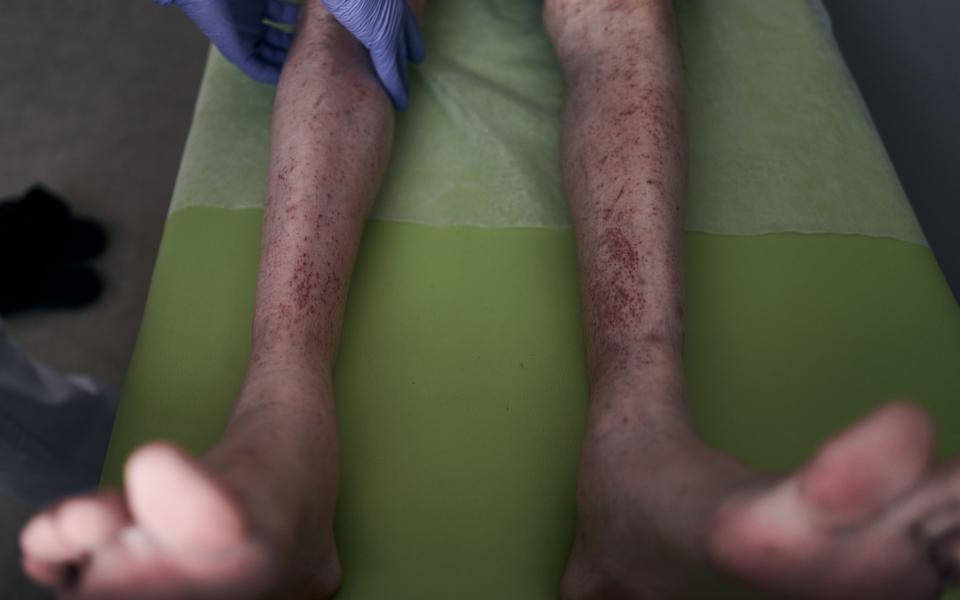
At the time the photographs were taken, the Ukrainian soldiers had already added around 10kg to their body weights.
“The torture by starvation is monstrous, the beatings and violence are sophisticated,” said Mykhailo Podolyak, the Ukrainian presidential adviser. “There are no Geneva Conventions anymore… Russia again thinks it can avoid being held accountable for massive war crimes.”
The prisoners – who were released following negotiations led by the United Arab Emirates – say they were not visited by observers of the International Committee of the Red Cross during their detention.
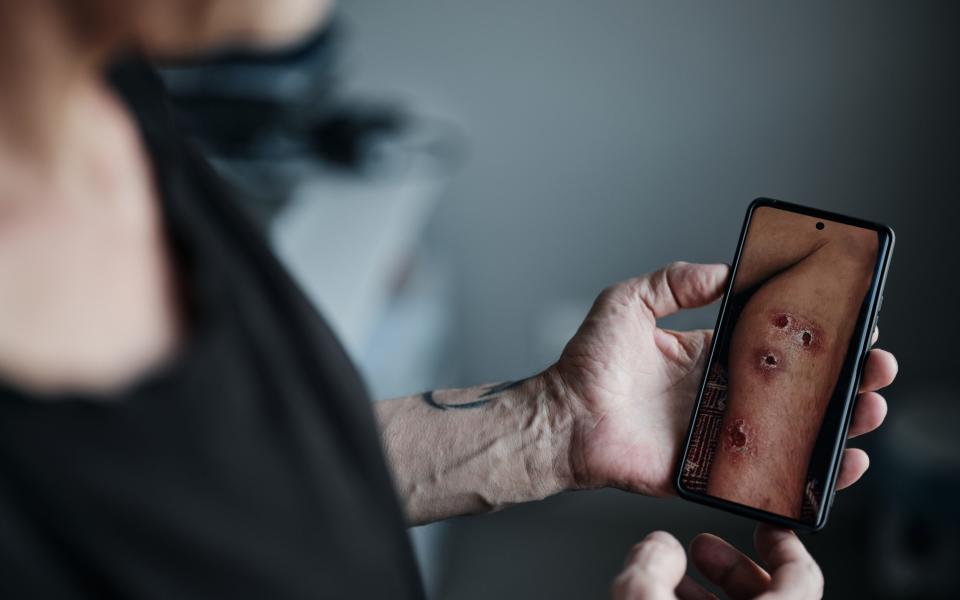
“Not allowing observers to see prisoners of war, in violation of the provisions of the Geneva Conventions, is a conscious and purposeful policy of the Russian government. This is done specifically so that the International Red Cross cannot record how the Russian side treats prisoners of war,” said the coordination headquarters for the treatment of prisoners of war.
Under the Geneva Conventions, prisoners of war must be treated humanely and with dignity, and must be provided with basic daily food rations. “Rations shall be sufficient in quantity, quality and variety to keep prisoners of war in good health and to prevent loss of weight or the development of nutritional deficiencies,” the convention reads.
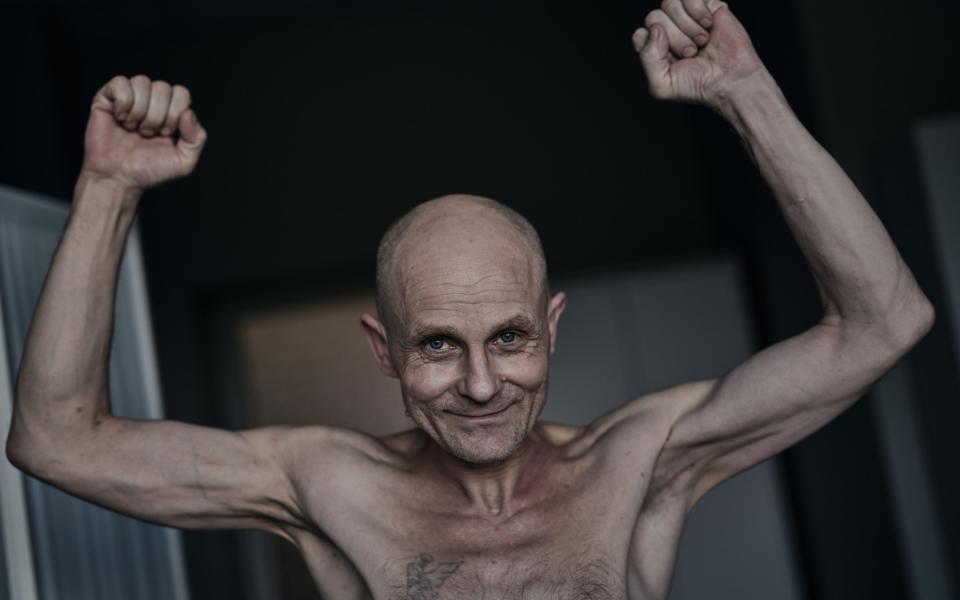
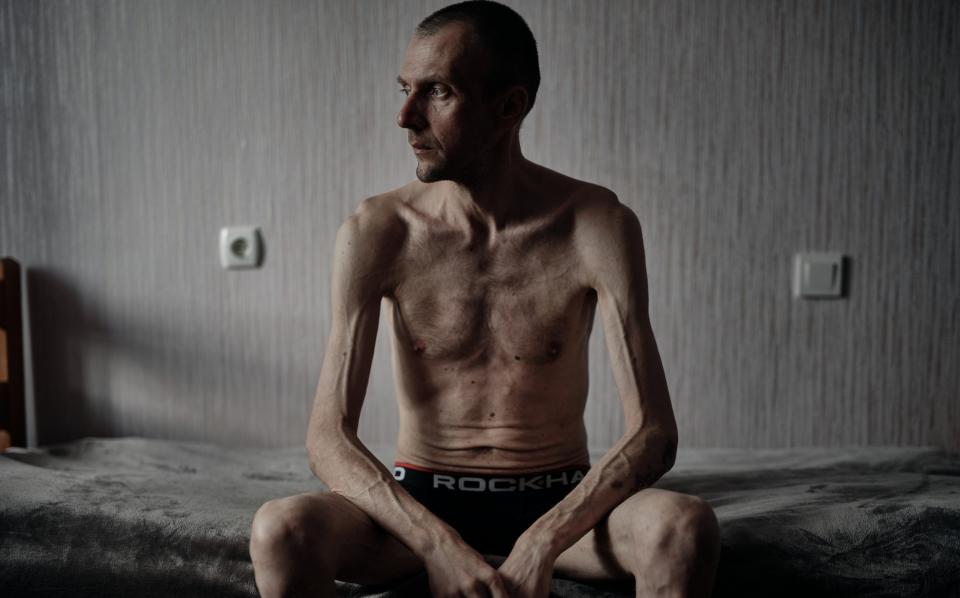
The release of prisoners of war was a key topic at Ukraine’s peace summit in Switzerland last weekend. The final joint communique called for a total exchange of all detainees and the return of all deported Ukrainian children.
Ukrainian officials say that 3,210 Ukrainian prisoners of war have been freed from Russian imprisonment as of May 31.
Eighty-nine of those taken from the Chernboyl nuclear power plant remain in Russian captivity.

